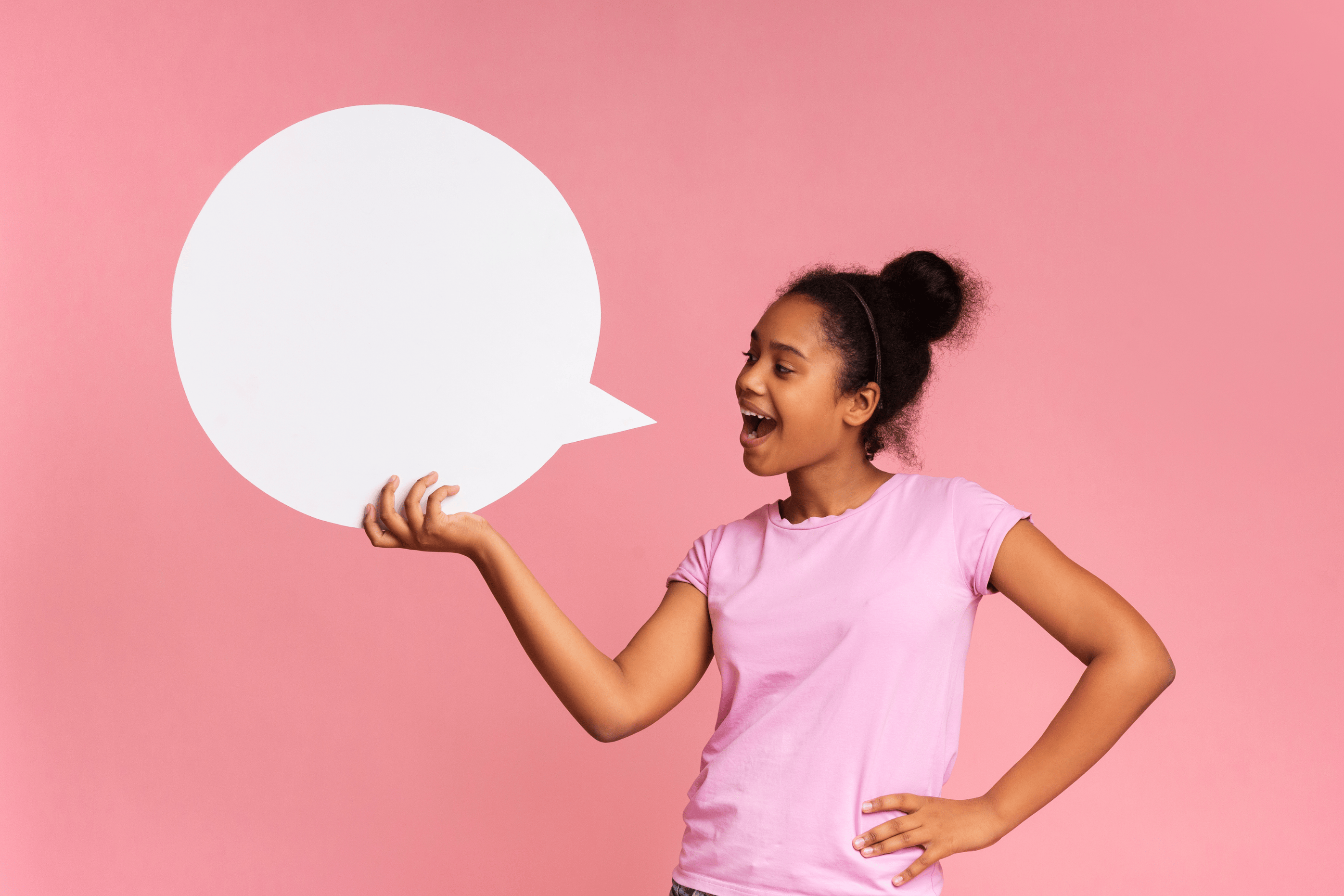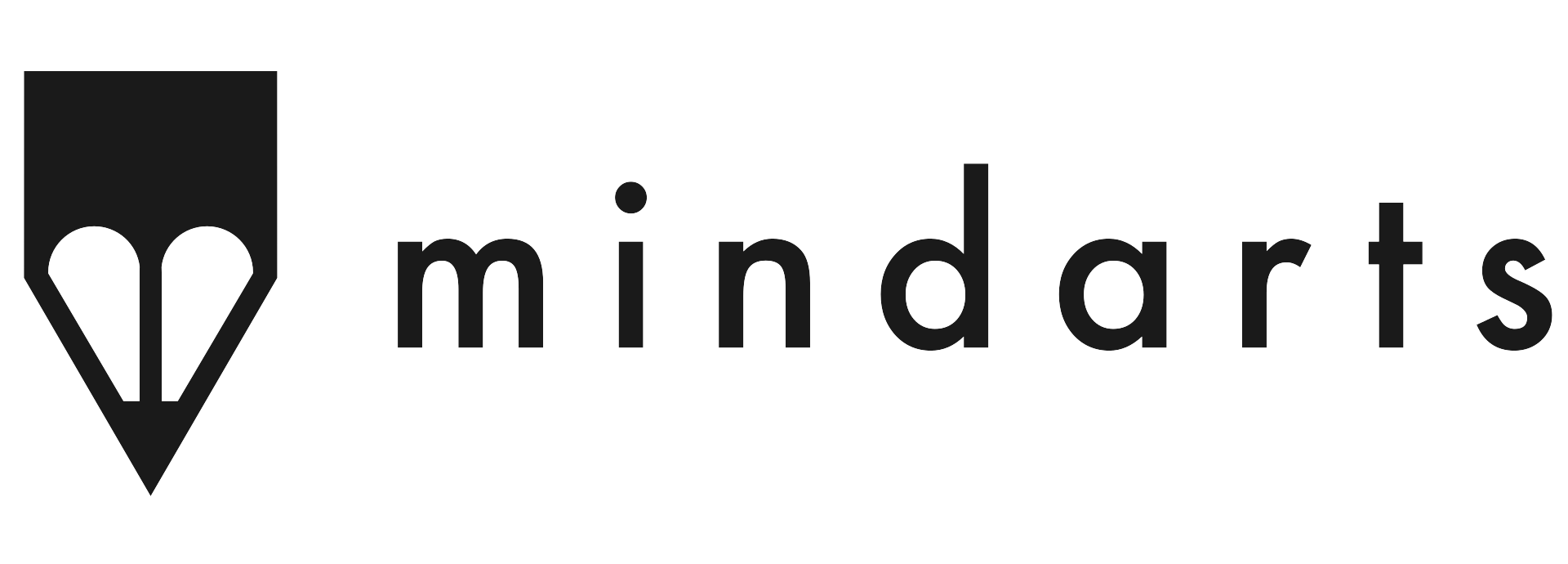Introduction
Ever walked away from a conversation thinking, "That didn’t go the way I planned"? It happens to all of us. But what if the secret to better conversations wasn't just what you say, but how emotionally tuned in you are while saying it? That’s where emotional intelligence (EQ) comes in — a game-changer for mastering communication in every aspect of life.
Let’s break down how boosting your EQ can turn you into a powerhouse communicator — in work, relationships, and everyday life.
The Role of Emotional Intelligence in Communication
Emotional Awareness in Interactions
When you can identify your feelings, you can communicate more clearly and calmly. It also helps you pick up on others’ emotional cues, making conversations smoother and more empathetic.
Managing Emotions for Better Conversations
Ever lost your cool in a meeting? Emotional regulation can help you avoid reactive outbursts and keep discussions productive instead of confrontational.
Empathy and Active Listening
Empathy lets you really hear what the other person is saying—not just their words, but the emotions behind them. That’s where real understanding happens.
How EQ Enhances Verbal Communication
Choosing Words Wisely
People with high EQ choose words that match the situation. They know when to be direct and when to soften their language to avoid miscommunication.
Tone, Timing, and Delivery
Sometimes it’s not what you say but how you say it. EQ helps you pick the right tone and timing to make your message land effectively.
How EQ Influences Non-Verbal Communication
Body Language Awareness
Crossed arms? Avoiding eye contact? Your body often says more than your words. Emotionally intelligent people are masters at aligning their body language with their message.
Reading Others Through Non-Verbal Cues
EQ helps you pick up on unspoken clues — like a sigh, a frown, or a change in posture — so you can adjust your communication accordingly.
Developing EQ for Better Communication
Self-Reflection Practices
Journaling and self-assessment help you understand your communication patterns and emotional triggers.
Mindfulness and Emotional Regulation Techniques
Mindfulness practices like deep breathing or meditation help keep your emotions in check, especially in high-stress conversations.
Feedback and Growth
Ask for feedback. Yes, it’s uncomfortable — but it’s gold for personal growth and communication mastery.
Communication Skills to Practice Daily

Assertiveness Without Aggression
Say what you mean without stepping on toes. High EQ communicators strike the perfect balance between honesty and respect.
Active Listening Exercises
Make eye contact, nod, and respond thoughtfully. Listening is more than waiting your turn to speak — it’s a skill that shows you care.
Conflict Resolution Using Emotional Intelligence
EQ helps you de-escalate tension, see the bigger picture, and find solutions that satisfy everyone.
Common Barriers to Emotional Communication
Stress and Emotional Hijacking
When you’re under stress, your brain’s emotional center can take over. Recognizing this can help you pause and reset before reacting.
Poor Self-Awareness
If you don’t understand your own feelings, it's hard to communicate them clearly or understand others.
Real-Life Scenarios: EQ in Action
Workplace Communication
An emotionally intelligent leader navigates office drama with calm, builds strong teams, and gives feedback that empowers, not embarrasses.
Relationships and Personal Life
EQ makes you a better partner, friend, or parent. It helps you respond with empathy instead of frustration, even during conflicts.
Emotional Intelligence and Leadership Communication
Leading with Empathy
Great leaders don’t just direct; they connect. Empathy builds loyalty and trust — key ingredients in any high-performing team.
Building Trust Through Transparency
Emotionally intelligent communication is honest and open. It builds rapport and fosters genuine connections.
Tools and Resources to Boost EQ
Books, Courses, and Journaling
Start with classics like Emotional Intelligence by Daniel Goleman. Take online courses or use daily journaling prompts to build your EQ muscle.
Apps and Daily Practices
Apps like Headspace, Moodpath, or EQ-focused platforms can keep you on track with emotional check-ins and mindfulness.
Measuring Your Emotional Intelligence
Self-Assessments
Try quizzes and reflection exercises to see where you stand — Want to get a real sense of your emotional intelligence? Start with the Emotional Intelligence assessment — a powerful tool designed to help you understand where you currently stand in areas like self-awareness, emotional regulation, and empathy.
Feedback From Others
Sometimes, your blind spots can only be revealed by trusted peers. Embrace their insights with an open mind.
Final Tips for Mastering Communication through EQ

-
Pause before responding.
-
Practice empathy daily.
-
Observe non-verbal cues.
-
Reflect regularly.
-
Never stop learning.
Remember: emotional intelligence isn’t a destination. It’s a lifelong skill that transforms not just how you communicate, but how you connect.
Conclusion
Emotional intelligence is the not-so-secret sauce behind powerful communication. Whether you’re navigating work stress, relationship struggles, or simply trying to express yourself better, EQ is the compass that keeps you grounded and effective.
You don’t need to be born with it. With practice, reflection, and a bit of patience, anyone can develop the emotional intelligence needed to become a standout communicator.
FAQs
1. What are the key signs of high emotional intelligence?
People with high EQ are good listeners, stay calm under pressure, show empathy, and manage their emotions thoughtfully in conversations.
2. Can emotional intelligence really be learned?
Absolutely! Like any skill, it improves with practice, self-awareness, and intentional effort.
3. How does EQ improve workplace communication?
It reduces misunderstandings, boosts collaboration, and enhances leadership through empathy and clarity.
4. What’s the difference between IQ and EQ?
IQ is your cognitive ability — how well you think. EQ is your emotional ability — how well you connect. Both are important but serve different purposes.
5. Are there any exercises to improve emotional intelligence daily?
Yes! Try journaling your emotional reactions, practicing active listening, meditating, and asking for feedback regularly.
SHARE THIS
COMMENTS
Our mission is to guide individuals, teams, and organizations on transformative journeys of self-awareness and emotional intelligence. Through science-backed assessments, actionable insights, and tailored strategies, we empower people to unlock their potential, strengthen relationships, and achieve authentic success in both personal and professional life.
CONTACT INFO
@2025 Mindarts | All Rights Reserved
Terms & Conditions | Privacy Policy | Cookie Policy | Impressum
Our mission is to guide individuals, teams, and organizations on transformative journeys of self-awareness and emotional intelligence. Through science-backed assessments, actionable insights, and tailored strategies, we empower people to unlock their potential, strengthen relationships, and achieve authentic success in both personal and professional life.
CONTACT INFO
@2025 Mindarts | All Rights Reserved
Terms & Conditions | Privacy Policy | Cookie Policy | Impressum


